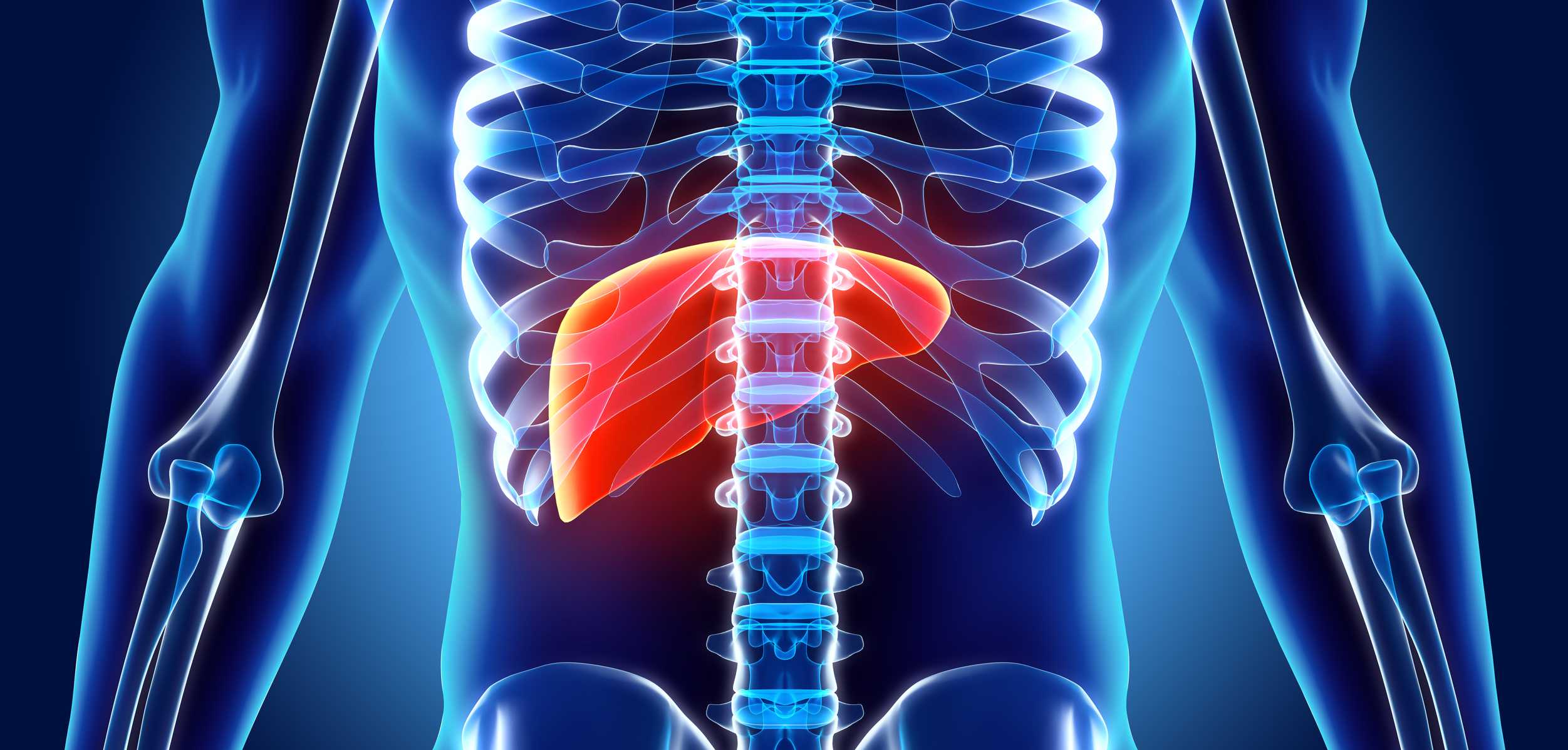Cushing’s syndrome is a condition in which can occur if you have high levels of the stress hormone, cortisol, in your blood.
Cortisol increases our blood pressure and blood glucose levels and diabetes is one complication which can result from untreated Cushing’s syndrome.
Symptoms of Cushing’s syndrome
Physical signs of Cushing’s syndrome may include:
- Fatty tissue building up typically around the waist, upper back, between the shoulders and the face.
- Slim arms and legs contrasting significantly with fat deposits around your middle
- Swollen cheeks with red patches
- Striae – red or purple stretch marks, which may resemble tiger stripes, commonly found on the abdomen, near the armpits or around the breasts and thighs
- Acne
- Thin skin which easily bruises
Women may experience thicker than normal facial and body hair (hirsutism) and missed or irregular periods.
Men may experience a loss of libido , difficulty achieving erections and loss of fertility.
High blood pressure and high blood glucose levels ( hyperglycemia ) may commonly be experienced with Cushing’s syndrome.
Causes of Cushing’s syndrome
Usage of corticosteroids is the most common cause of Cushing’s syndrome.
Corticosteroids are used to treat illnesses including:
- Atopic eczema
- Asthma
- Chrone’s disease
Doctors will prescribe the lowest effective dose to reduce the likelihood of complications, such as Cushing’s syndromen, developing.
When Cushing’s syndrome results from steroid usage, this is known as iatrogenic Cushing’s syndrome.
A less common reason for Cushing’s syndrome developing is known as endogenous Cushing’s syndromen, which is caused by the development of a tumour in the pituitary gland, one of your adrenal glands or one your lungs.
A tumour in the pituitary gland is the more common cause for endogenous Cushing’s syndromen, accounting for about 7 out of 10 cases, and is referred to as Cushing’s disease.
Diagnosis of Cushing’s syndrome
Cushing’s syndrome can be diagnosed by measuring levels of cortisol in the urine, the blood or saliva.
You may be asked to take dexamethasone before the test is carried out. If you don’t Cushing’s syndromen, the dexamethasone should decrease your cortisol levels.
The NHS advise that these tests are helpful but cannot guarantee accuracy.
Treatment for steroid induced Cushing’s syndrome
When Cushing’s syndrome results from taking corticosteroids, the dosage you are taking will need to be reduced or stopped. If you have been taking higher doses of steroids for a significant period of time, the dosage you take will usually be reduced before they can be stopped.
Your health team will advise you on how your steroid dosages should be reduced.
Treatment for endogenous Cushing’s syndrome
Treatment for endogenous Cushing’s syndrome includes surgery to remove the tumour. In some cases, particularly in the case whereby the tumour is on one of your adrenal glands, the gland may be removed.
If a tumour in the lungs is the cause of Cushing’s disease, and the tumour is situated deep inside the lungs, surgery may not be appropriate and you may need to take cortisol-inhibiting medication such as ketoconazole or metyrapone.
If surgery is not successful, radiotherapy may be used to shrink the tumour or, if Cushing’s syndrome is putting your health at risk, you may have both your adrenal glands removed.
Complications of Cushing’s syndrome
If not treated, Cushing’s syndrome may lead to one or more of the following complications developing:
- Hypertension
- Diabetes
- Osteoporosis
- Kidney stones





